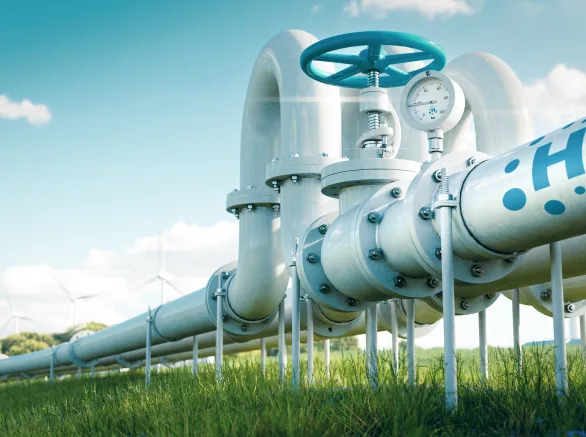February 19, 2021
Recent executive orders create opportunities for industry to favorably resolve environmental violations & mitigate climate impacts
Supplemental environmental projects (SEPs) are making a comeback under the Biden administration, representing renewed opportunities for industry to resolve environmental disputes. On February 4, 2021, the Deputy Assistant Attorney General issued a memo withdrawing nine rules and documents produced during the Trump administration that were deemed to conflict with "important national objectives," as laid out in President Biden's January 20, 2021, Executive Order on Protecting Public Health and the Environment and Restoring Science to Tackle the Climate Crisis. Among the nine documents withdrawn were several that reduced or eliminated the use of SEPs to restore the natural environment and compensate the public for impacts to natural resources and resource services from environmental compliance violations.
SEPs are voluntary, local projects that provide an environmental or public health benefit; go beyond what is strictly required under federal, state, or local laws; have a strong connection to the violation being resolved; and advance the goals of the statute under which the violation occurred. SEPs have traditionally been popular with responsible parties (RPs), the U.S. Environmental Protection Agency (EPA), and local stakeholders, because SEPs create a tangible benefit for the local community, reduce the penalty fine for the RP, and advance other broad EPA missions, such as addressing environmental justice and creating resilience to climate change.
With industries facing increasing financial, regulatory, and stakeholder pressure to take proactive measures in response to climate change and environmental justice concerns, SEPs are ideal vehicles for accomplishing these goals while simultaneously settling environmental violation penalties. Thoughtful SEP design can restore or enhance natural resources that provide important service benefits to the community and the industry, including flood protection, storm surge reduction, water purification, biodiversity preservation, carbon sequestration, and aesthetic enjoyment, among others.
How Exponent Can Help
Exponent brings a multidisciplinary approach to assessing the design, feasibility, cost, and benefits of environmental mitigation and restoration projects. With expertise in ecology, public health, environmental chemistry and engineering, hydrology, natural resource assessment, and restoration and mitigation analysis and design, Exponent has the skills and resources to help clients identify opportunities to develop SEPs to resolve liabilities for environmental violations, prepare for and adapt to climate change, and support the communities where facilities operate. Our analyses can itemize and value the benefits of SEPs and inform communication with regulators and stakeholders.
Insights




